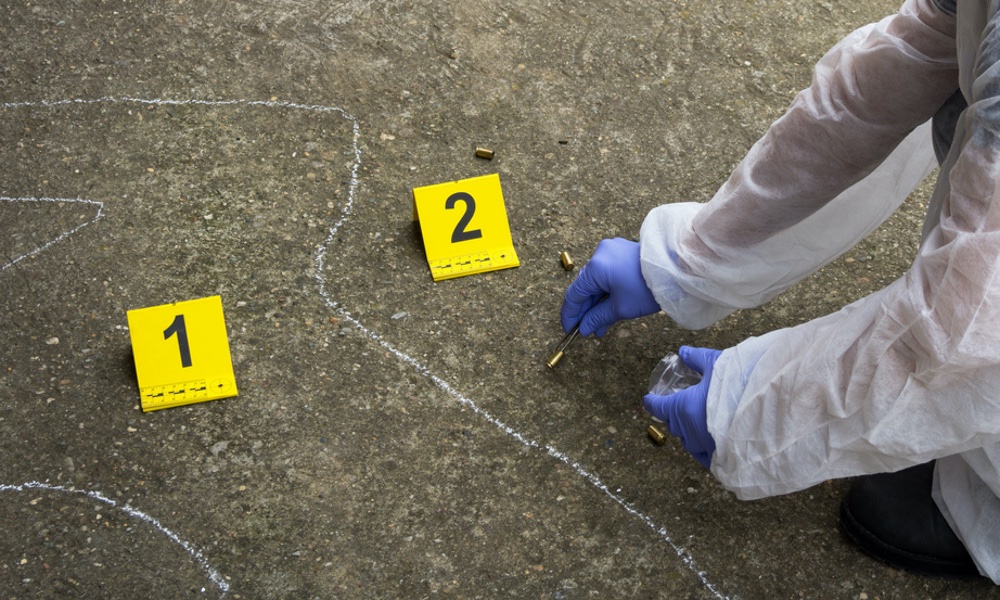People who have survived firearm violence often suffer from chronic pain and poor overall health. If they have sustained a brain or spinal cord injury, they also have a shorter life expectancy than the general population.
Less obvious, but no less debilitating, is the psychological burden of being a victim of gun violence. The mental health costs of firearm injuries are much greater than they are for people who have been injured by nonviolent means.
Researchers at the Medical College of Wisconsin recently looked at the mental health symptoms and health-related quality of life of 87 firearm injury survivors between 2014-2016 and 2017-2021.
While providers and patients often focus on post-traumatic stress disorder in the aftermath of violent trauma, the current study shows survivors experience more than post-traumatic stress.The biggest burden of gun violence falls on more socioeconomically disadvantaged communities where violence is already prevalent. Survivors have to return to these communities to recover,.
Over the six-month study period, participants experienced chronic symptoms of post-traumatic stress disorder, such as hypervigilance (being watchful and easily startled), difficulty sleeping, irritability and fears about their personal safety. Participants reported poor health-related quality of life at the start of the study and during follow-up, and they also experienced worsening symptoms of depression, anxiety and stress.
“Unfortunately, these findings are not that surprising, considering the burden gun violence has on people’s mental health,” Sydney Timmer-Murillo, lead author on the study, told TheDoctor.
Few studies have looked at the self-reported mental and physical health outcomes in firearm violence survivors. This lack of evidence prevents health care systems from providing comprehensive care. Gun violence survivors should be treated with a more holistic approach, she explained.
Such care needs to include not just healthcare providers, but social workers and psychologists as well. As the team laid out in a recent JAMA Surgery paper, mental health professionals should provide an early in-hospital intervention that is very patient-specific. “Not everyone is the same, and not everyone presents with the same concerns,” Timmer-Murillo said.
In addition to the attack itself, social factors can affect gun violence survivors’ recovery. The neighborhood a survivor lives in, its rates of unemployment, and the percentage of residents living in poverty should also be considered. The biggest burden of gun violence falls on more socioeconomically disadvantaged communities or those where violence is already prevalent. “The impact of gun violence is not distributed equally within the U.S.,” and survivors have to return to these communities to recover, Timmer-Murillo, a trauma and health psychology fellow at the Medical College of Wisconsin, pointed out.
If providers and communities acknowledge that social factors affect survivors’ health and their ability to recover, they can develop appropriate interventions tailored to the community.
Going forward, Timmer-Murillo and her team want to take a closer look at what factors, including social influences, might help survivors of gun violence be more resilient after an attack. They also plan to directly compare survivors of gun violence to survivors of other traumatic injuries, such as motor vehicle accidents.
The current study is published in Annals of Internal Medicine.





